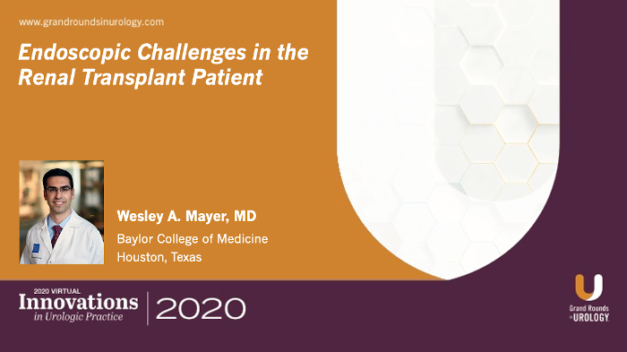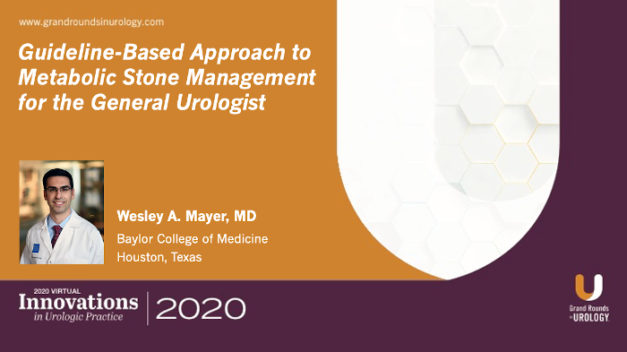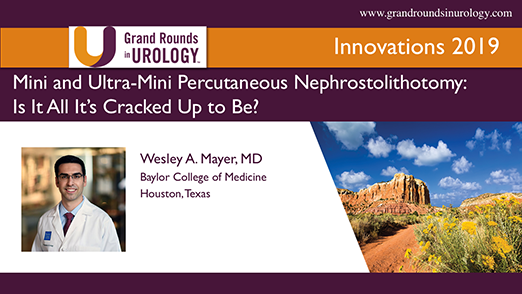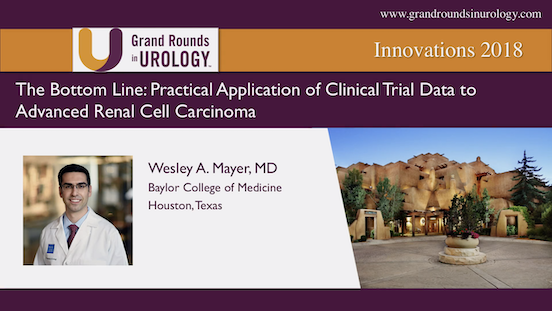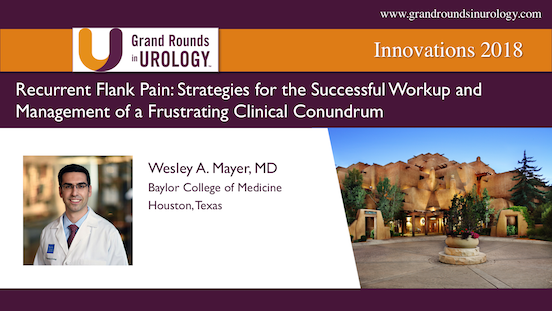Endoscopic Challenges in the Renal Transplant Patient
Wesley A. Mayer, MD, outlines common urologic complications of renal transplant patients and discusses surgical options and endoscopic strategies to build confidence in managing these patients. Some of the urologic complications for renal transplant patients include ureteral strictures and urolithiasis. Dr. Mayer discusses using endourologic treatment, ureteroscopy, and PCNL to treat these complications. He discusses that there are more kidney donors accepted with stones and how to select patients for these transplants. He explains that ex vivo ureteroscopy is a safe, quick, and relatively straightforward and effective management option for donor kidneys with stones. He suggests working with an endourologist in complex cases.
Read More
